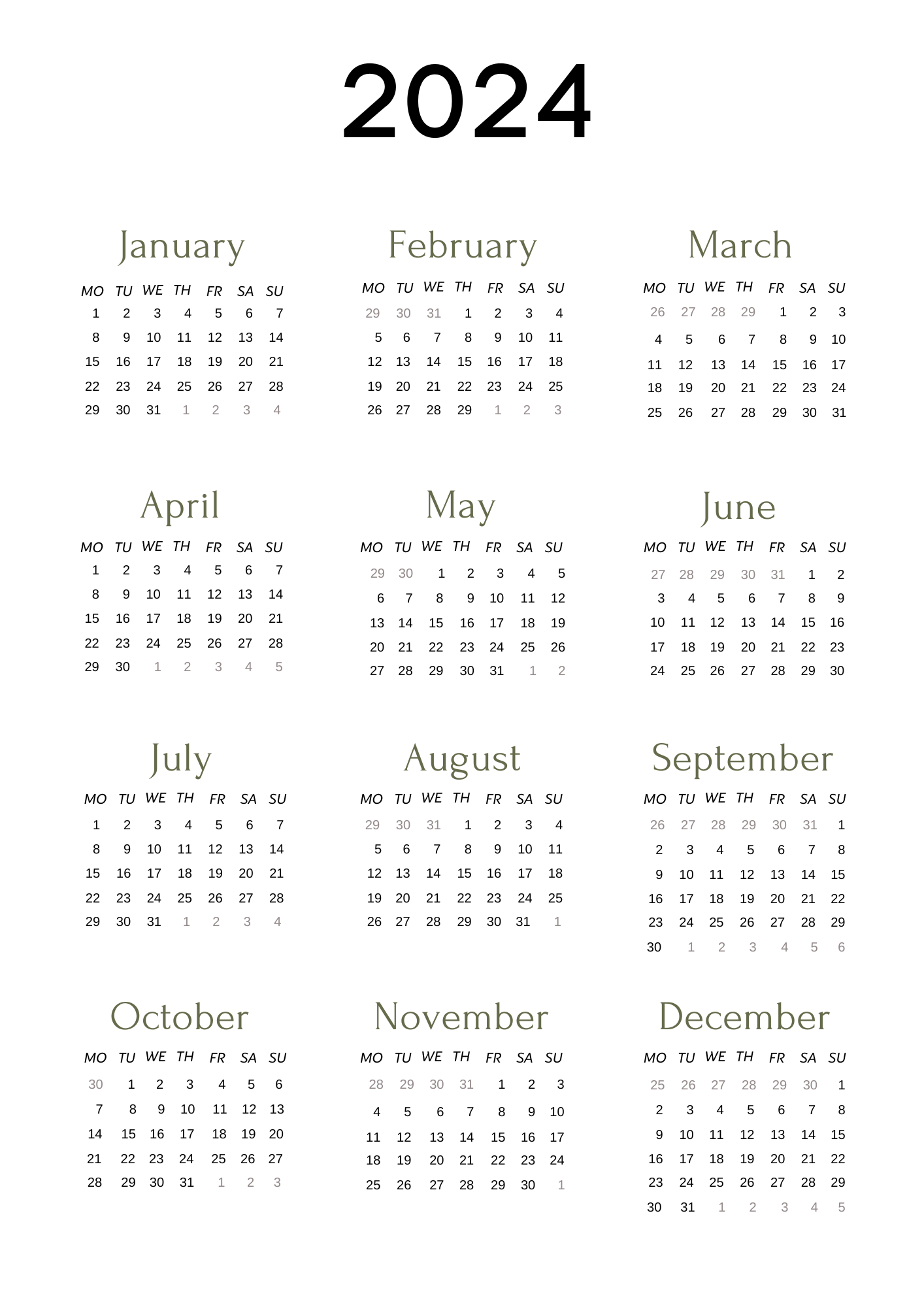Is the rise of illegal movie streaming sites truly a concern for the entertainment industry? The answer is an undeniable yes. These platforms, offering unauthorized access to the latest blockbusters and TV shows, are not only undermining the creative efforts of filmmakers but also causing significant financial losses. FilmyFly, one such platform that gained immense popularity over recent years, has become a household name among movie enthusiasts in India and beyond.
FilmyFly emerged as a go-to destination for cinephiles seeking the latest Bollywood, Hollywood, and South Indian movies. However, its operations remain controversial due to copyright violations. Despite legal actions against it, the website continues to attract millions of users annually. For instance, films like Uppena (2021) and Chhaava (2025) have been widely downloaded through this platform. While these downloads may seem convenient for viewers, they pose serious threats to the film industry's sustainability.
| Personal Information | Details |
|---|---|
| Name | FilmyFly |
| Founded | Early 2010s |
| Headquarters | Not officially disclosed |
| Website | FilmyFly Golf |
| Career Highlights | Pioneering free movie streaming services in India |
| Professional Achievements | Amassed millions of users despite legal challenges |
Another notable mention is the dual audio release of Aghathiyaa (2025), which became a trending topic on FilmyFly. This film exemplifies how illegally distributed content reaches audiences globally within days of its official release. Such rapid dissemination raises questions about the effectiveness of current copyright protection measures. Moreover, the availability of both Hindi and Tamil versions underscores the demand for multilingual options on such platforms.
The ecosystem surrounding FilmyFly extends beyond just movie downloads. It includes websites like Filmy4Wap, Filmy4web, and even Filmyzilla, each catering to different preferences while operating under similar legal ambiguities. Filmy4Wap, for example, focuses on simplifying the process of downloading movies and web series with ease. Users appreciate its straightforward interface, though this convenience comes at the expense of legitimate revenue streams for creators.
Trends indicate that these platforms adapt quickly to changing user needs. As evidenced by the growing interest in animated films and dubbed versions, the scope of their offerings continues to expand. Movies from various genres, including action, romance, comedy, and science fiction, find their way onto these sites almost instantly after premieres. This immediacy appeals to many who might otherwise hesitate to pay for subscriptions or wait for releases through authorized channels.
Despite its widespread usage, FilmyFly faces mounting pressure from authorities worldwide. Legal notices issued periodically aim to shut down operations permanently. Yet, new domains frequently emerge, making enforcement difficult. In April 2025, social media highlighted a viral dance sequence involving Rakul Preet Singh and Jackky Bhagnani from a yet-to-be-released project. Such moments further fuel curiosity and drive traffic toward unauthorized viewing sources.
Meanwhile, competitors like MOVIE4U attempt to carve out niches by specializing in specific types of content. Their focus on high-quality versions of South Indian movies alongside Bollywood and Hollywood offerings reflects strategic differentiation. Nonetheless, all these entities share common ground when it comes to circumventing traditional distribution models.
In summary, while FilmyFly and related platforms provide easy access to diverse cinematic experiences, they simultaneously challenge established norms governing intellectual property rights. The ongoing battle between accessibility demands and ethical considerations remains unresolved. As technology evolves, so too will methods employed by both pirates and protectors of digital content. What remains certain is the need for balanced solutions addressing consumer expectations without compromising artistic integrity.




